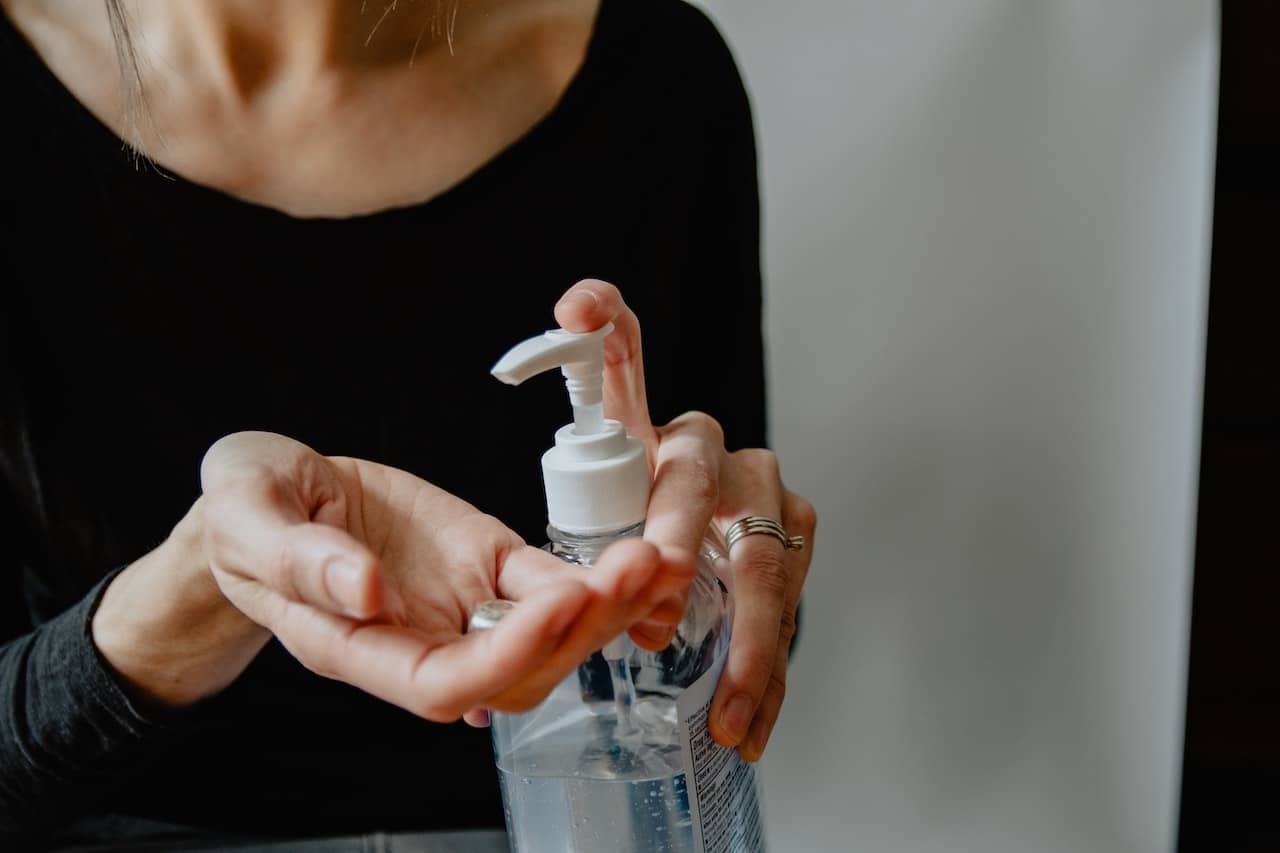Prolonged, mass use of alcohol-based hand gels during the coronavirus pandemic could lead to a superbug ‘armageddon situation’, a global expert in surface disinfection has warned.
Dr Andrew Kemp, head of the Scientific Advisory Board on the British Institute of Cleaning Science, warns that overuse can allow bacteria to develop immunity and says hand washing is the most effective way to reduce virus transmission risk.
The Lincoln University academic told the Daily Express this week: “Hand gels should only be used as a last resort and as a short-term temporary measure or stop gap if soap and water are not available.
“At the moment there is no published proof that alcohol gels killed COVID-19 itself.
“Even if they did kill 99.9% of all bacteria, there can be more than a million bacteria on your hands at any one time, leaving 10,000 alive after sanitization.”
Hand gels should only be used as a last resort and as a short term temporary measure or stop gap if soap and water are not available … At the moment there is no published proof that alcohol gels killed COVID-19 itself
Kemp warns that surviving bacteria were themselves ‘highly dangerous pathogens’ and that if antibiotic resistant superbugs adapt to survive alcohol it could lead to an ‘armageddon situation’.
His research on the subject is published in the American Journal of Biomedical Science and Research and will be presented at a leading conference on superbugs in Amsterdam in October.
In an article for Pathology In Practice published in June, Kemp wrote: ‘Those of us who regard ourselves as ‘experts’ can make some educated guesses about what else does or does not kill SARS-CoV-2. We know that antivirals that work against similar structured viruses do not work against SARS-CoV-2, and there is anecdotal evidence that combinations of current antivirals may work in some cases, but not all. Vaccines against other similar structured viruses do not work against the new coronavirus, so why has the assumption been made that the environmental disinfectants and hand sanitizers that kill similarly structured viruses also kill SARS-CoV-2?
“Why is advice being given about alcohol sanitizers with no supporting evidence? Have we forgotten the potential harm that alcohol hand sanitizers cause by significantly increasing the number of bacteria present on skin, and by changing the species from a relatively harmless Staphylococcus epidermidis, to a highly pathogenic Bacillus species?”
Why is advice being given about alcohol sanitizers with no supporting evidence? Have we forgotten the potential harm that alcohol hand sanitizers cause by significantly increasing the number of bacteria present on skin?
Kemp says that leading hand sanitizer brands in the US and Europe have been warned by regulators for claims that their products kill SARS-CoV-2 coronavirus. Claims are typically made that products kill ‘human coronavirus’. “Whatever that is, it certainly isn’t COVID-19,” the academic and adviser says.
Kemp adds that, to date, only one class of hand sanitizer has been tested against SARS-CoV-2 – fifth-generation SiQuats. He writes: “Recent research results demonstrate inactivation in less than ten seconds, and complete destruction of all viral load within 60 seconds (100% kill). This chemistry does not just deactivate, or degenerate, the virus; its RNA is totally destroyed.”











